Snapchat settles for $35 million in Illinois biometrics lawsuit
The social media giant had been accused of improperly collecting, storing facial geometry in violation of state legislation

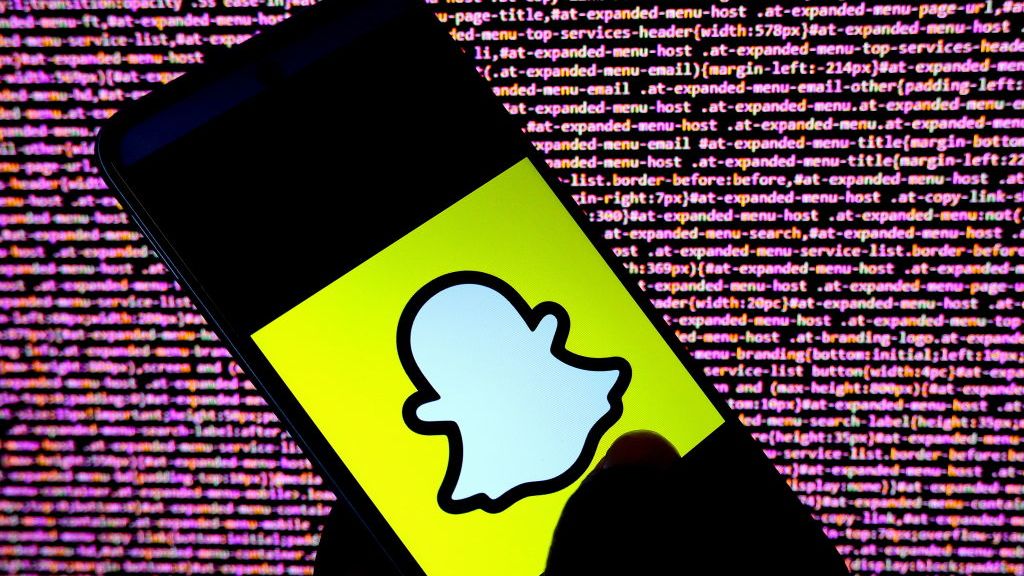
Snap Inc., parent of instant messaging app Snapchat, has reportedly agreed to pay a $35 million settlement as part of a class-action lawsuit claiming it broke a key piece of Illinois privacy law.
Snapchat, the image-based messaging app that gained popularity in the 2010s, is also known for its wide array of lenses, which humorously alter a user’s appearance within a photo or video.
The complaint claimed that by “scanning the geometry of a person’s face” to apply the lenses, Snapchat is in violation of Illinois’ Biometric Information Privacy Act (BIPA). The plaintiffs were seeking $1,000 per negligent violation, and $5,000 per reckless violation.
BIPA prohibits private entities from collecting or obtaining a person’s biometric identifiers or information without first informing them in writing that this will occur, as well as outlining how long the data will be used and what for, and publishes its schedules and guidelines for destroying data.
Snapchat refutes the claim that it stores biometric data.
“While we are confident that Lenses do not violate BIPA, out of an abundance of caution and as a testament to our commitment to user privacy, earlier this year we rolled out an in-app consent notice for Snapchatters in Illinois,” Snap spokesperson Pete Boogaard told The Verge.
It remains a widely used social media platform, with over 88 million users in the US alone, according to Statista. However, user figures dramatically increase in younger age groups, with Snapchat itself claiming that over 75% of 13-34 year olds in over 20 countries today use Snapchat.
Sign up today and you will receive a free copy of our Future Focus 2025 report - the leading guidance on AI, cybersecurity and other IT challenges as per 700+ senior executives
The settlement covers a broad time span, as any Snapchat user based in Illinois, who used its filters and lenses since November 17 2015, might be eligible for a payout. Individuals looking to submit a claim form have until 5 November to do so.
RELATED RESOURCE

2021 Gartner critical capabilities for data integration tools
How to identify the right tool in support of your data management solutions
Unlike the UK or EU, the US has no federal data privacy legislation, instead relying on sets of local legislation that vary by state, as well as court convention.
The BIPA is a stringent piece of legislation, which sets out strict guidelines for the collection of biometric data. In June, Google was also hit with a lawsuit claiming that it had violated rights established by the BIPA, over the use of facial recognition in the Google Photos app. Without admitting wrongdoing, Google settled the suit in a $100 million payment.
Concern over the transparency of social media apps is a pressing issue, with apps such as TikTok having been accused by the FCC commissioner of being a China-backed surveillance tool, collecting sensitive information from US citizens.
Last week, it was announced that Oracle would be fulfilling a long-planned agreement with TikTok to receive and manage all of its US user traffic, and would regularly audit the company’s algorithms and use of data.

Rory Bathgate is Features and Multimedia Editor at ITPro, overseeing all in-depth content and case studies. He can also be found co-hosting the ITPro Podcast with Jane McCallion, swapping a keyboard for a microphone to discuss the latest learnings with thought leaders from across the tech sector.
In his free time, Rory enjoys photography, video editing, and good science fiction. After graduating from the University of Kent with a BA in English and American Literature, Rory undertook an MA in Eighteenth-Century Studies at King’s College London. He joined ITPro in 2022 as a graduate, following four years in student journalism. You can contact Rory at rory.bathgate@futurenet.com or on LinkedIn.
-
 What is Microsoft Maia?
What is Microsoft Maia?Explainer Microsoft's in-house chip is planned to a core aspect of Microsoft Copilot and future Azure AI offerings
-
 If Satya Nadella wants us to take AI seriously, let’s forget about mass adoption and start with a return on investment for those already using it
If Satya Nadella wants us to take AI seriously, let’s forget about mass adoption and start with a return on investment for those already using itOpinion If Satya Nadella wants us to take AI seriously, let's start with ROI for businesses
-
 Five things to consider before choosing an MFA solution
Five things to consider before choosing an MFA solutionIn-depth Because we all should move on from using “password” as a password
-
 The IT Pro Podcast: Going passwordless
The IT Pro Podcast: Going passwordlessIT Pro Podcast Something you are, or something you have, could be more important than a password you know in the near future
-
 Podcast transcript: Going passwordless
Podcast transcript: Going passwordlessIT Pro Podcast Read the full transcript for this episode of the IT Pro Podcast
-
 UK police fails ethical tests with "unlawful" facial recognition deployments
UK police fails ethical tests with "unlawful" facial recognition deploymentsNews A University of Cambridge team audited UK police use of the tech and found frequent ethical and legal shortcomings
-
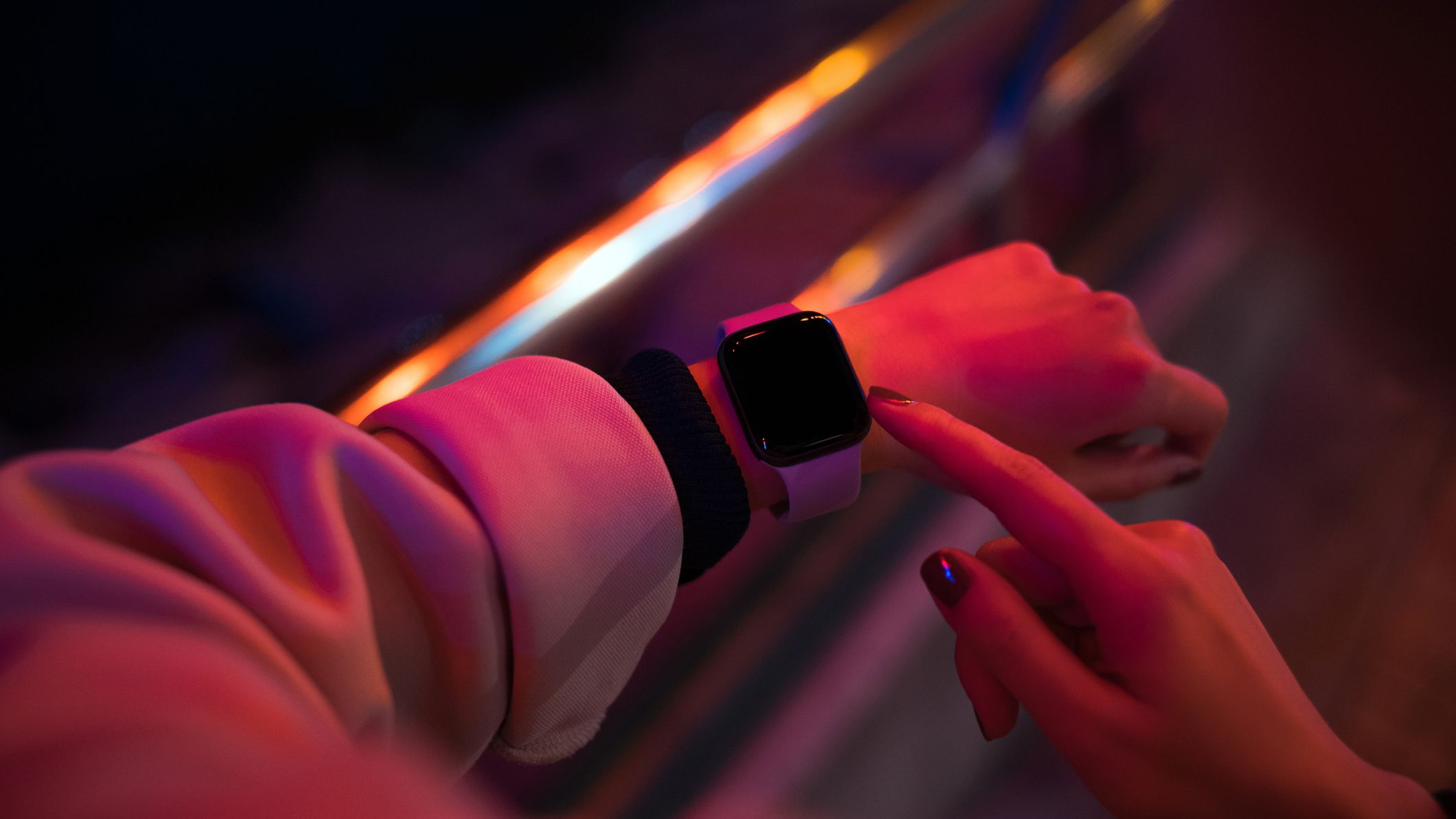 Home Office to collect foreign offenders' biometric data using smartwatch scheme
Home Office to collect foreign offenders' biometric data using smartwatch schemeNews Facial recognition and geolocation data will be matched against Home Office, Ministry of Justice and police databases
-
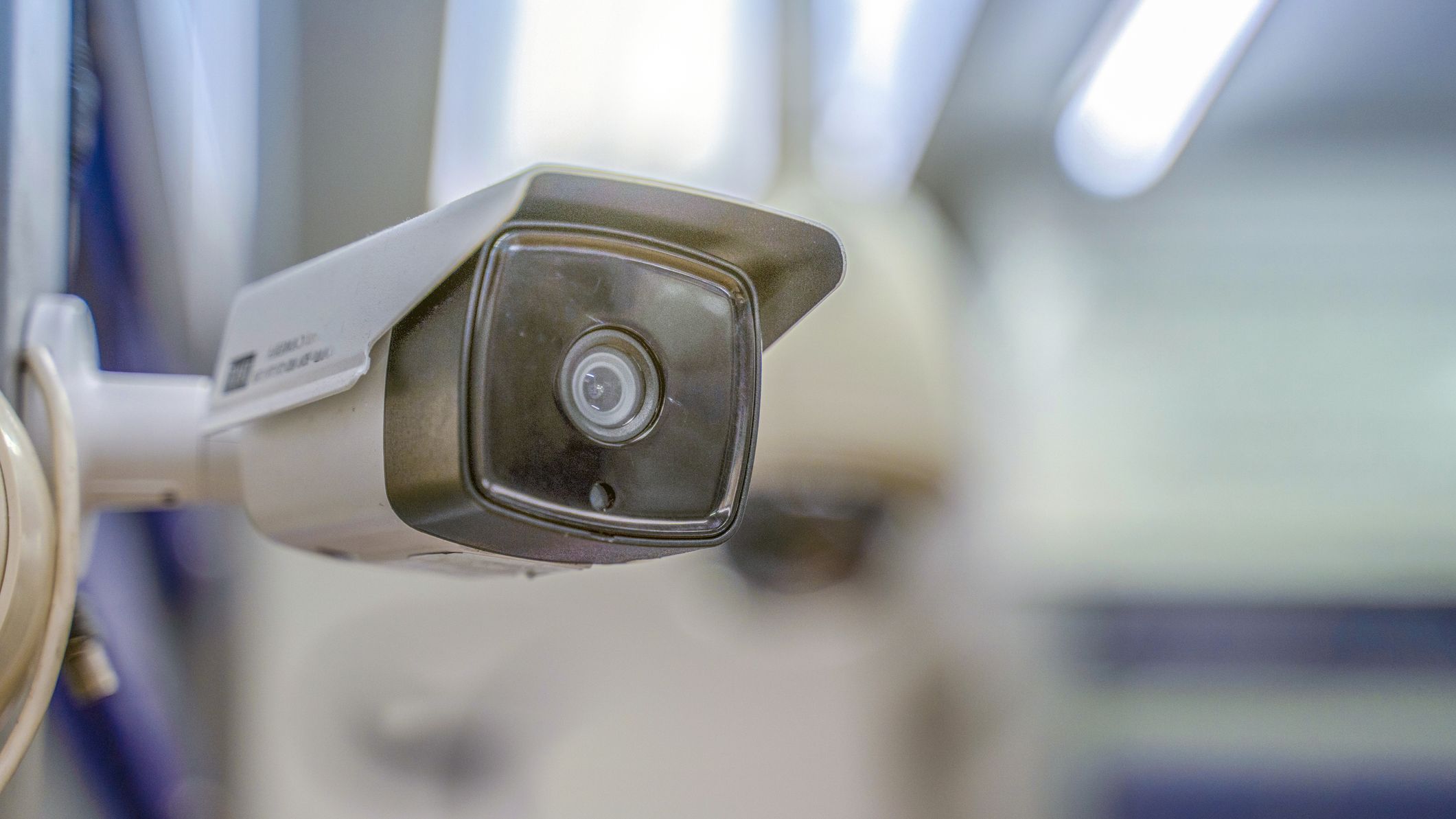 Southern co-operative faces legal complaint for facial recognition CCTV
Southern co-operative faces legal complaint for facial recognition CCTVNews Rights group Big Brother Watch has written to the Information Commissioner to “stop unlawful processing”
-
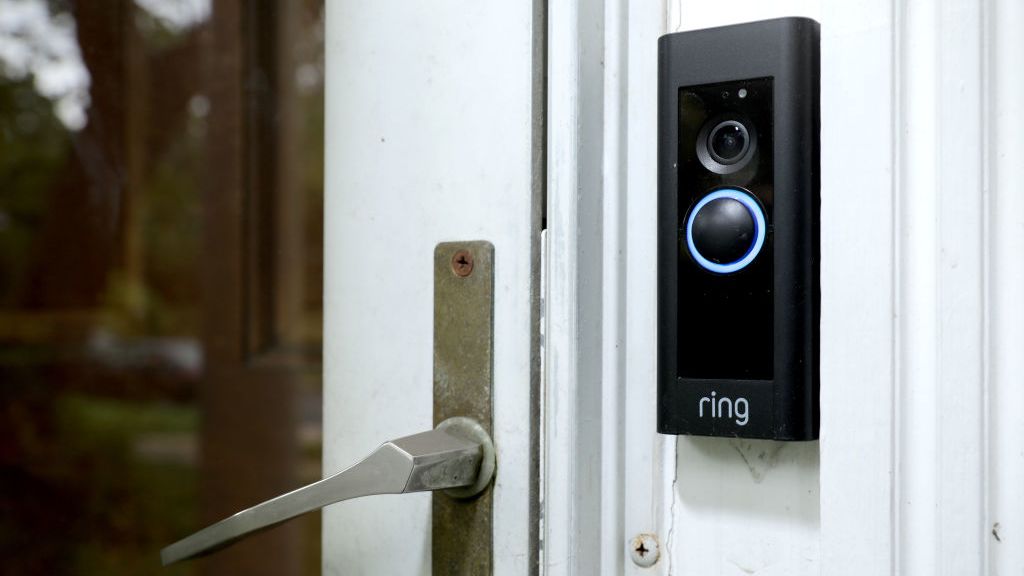 Amazon gave police departments Ring footage without permission
Amazon gave police departments Ring footage without permissionNews The tech giant has done this 11 times this year
-
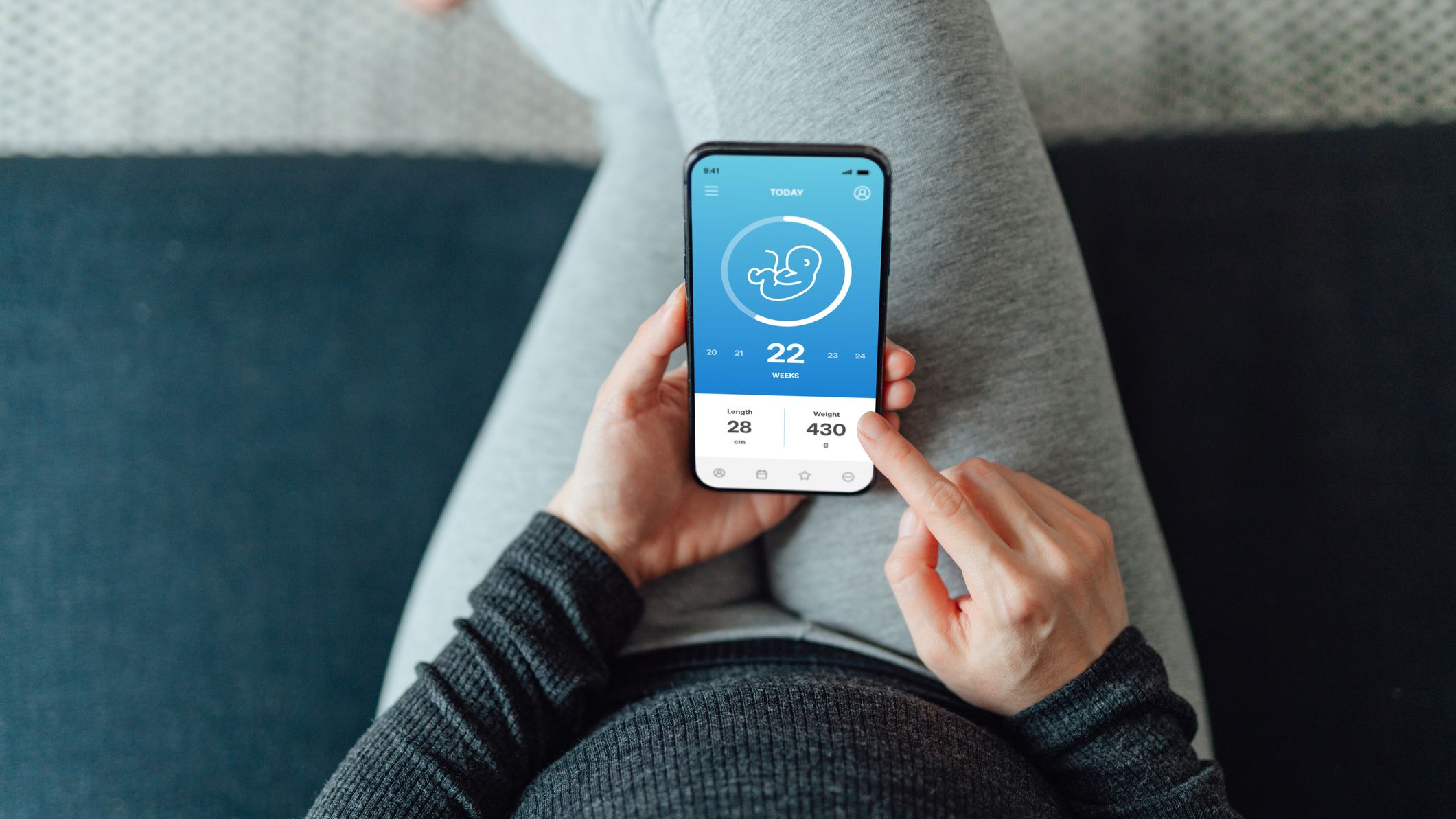 FTC fires warning against sensitive data misuse
FTC fires warning against sensitive data misuseNews The agency has responded to fears around biometric data breaches, including those relating to abortion services